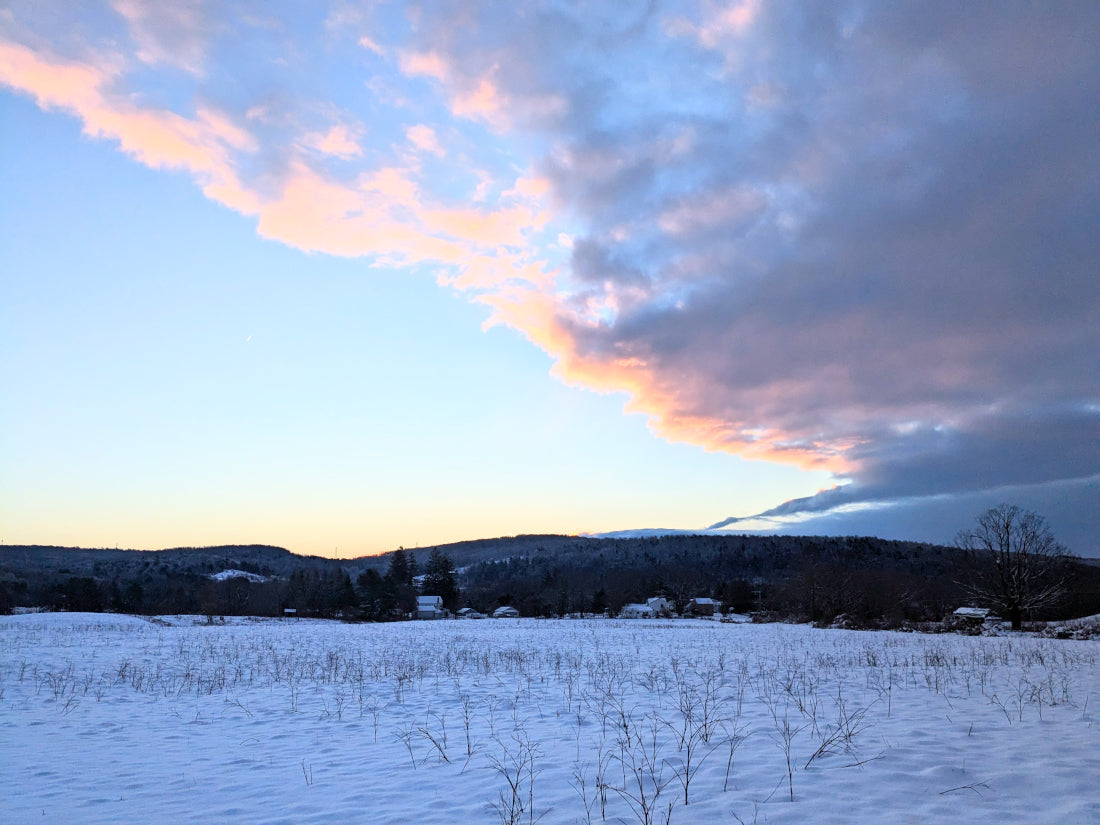A common criticism of digital tools, especially our phones, is that they draw us out of the real world and into the digital. There is an obvious one-to-one sacrifice, in that every minute spent absorbed in a screen is a minute not spent talking to another person or simply gazing out the window at a passing crow or passing schoolbus. Beyond that, the way our phones work, with notifications and a variety of apps designed to grab our attention, gives them a definite competitive advantage with material life, which is sometimes incredible, but more often a bit boring.
The common rejoinder is that these same digital tools let us learn things we would not learn without them, meet people we would not meet without them, see places we would not see without them. Even though they distract us, don’t phones also enrich our lives? It’s hard to deny that truth of this, to say nothing of the practical utility of getting directions or finding out when an event starts.
There’s an obvious middleground that I think most people want, but few (none?) of us actually achieve. For me, I would like, the truly useful parts of having a phone, both the practical things I just mentioned, but also the learning and connecting. I want digital devices to enrich my experience of the world and other people, not distract me from them. To take one concrete example, I try to use my phone to organize a meet up with a friend for a cup of coffee or a walk, but I try to leave it in my pocket once I’m actually with another person.
I’ve been thinking about the role of the digital in relation to small farms, and here too it is my inclination to first see the negative. A lot of the information put out there, even by farmers, is overly simplified or just plain wrong, more about salesmanship than education. On social media in particular the natural tendency is to portray things in stark terms of black and white, rather than with much nuance. So, depending on who’s talking, you will hear that industrial agriculture is the only thing preventing mass famine, and you will hear that regenerative farming could feed the world and simultaneously solve every environmental problem. You will hear little talk about the tradeoffs of different production systems, the caution needed to change agricultural practices alongside the very good reasons to do so.
And yet, when I think about the rest of online life, small farms have the obvious advantage of being real places, many of which you can visit. If you find a farm online (at least one that’s somewhat close to you) it can be an invitation to go do something new in the world. All the nuance that tends to get lost in a fifteen second video or an idyllic picture with a pithy caption comes flooding back in when you actually stand on a piece of ground and think hard about the wild process, both mystical and practical, by which farming makes food.
Phones Can Help Small Farms

Garth Brown |
